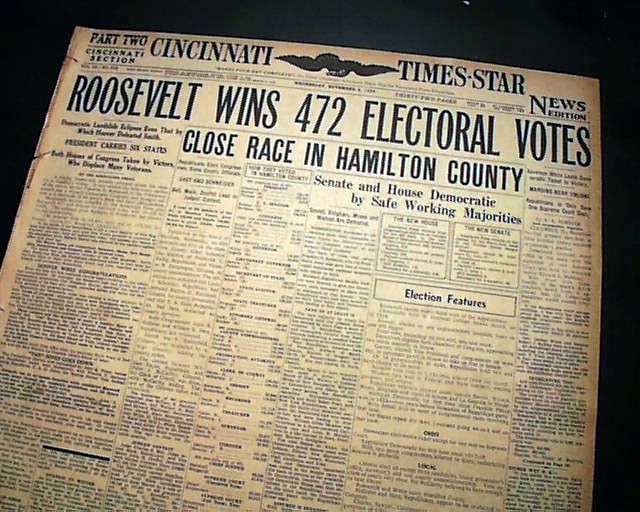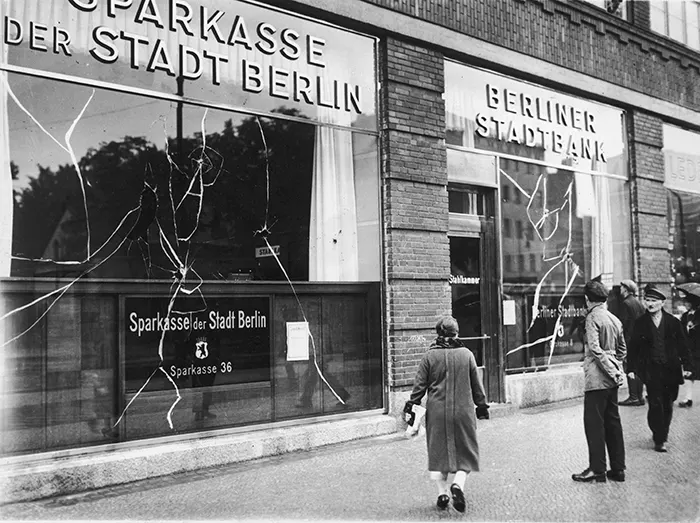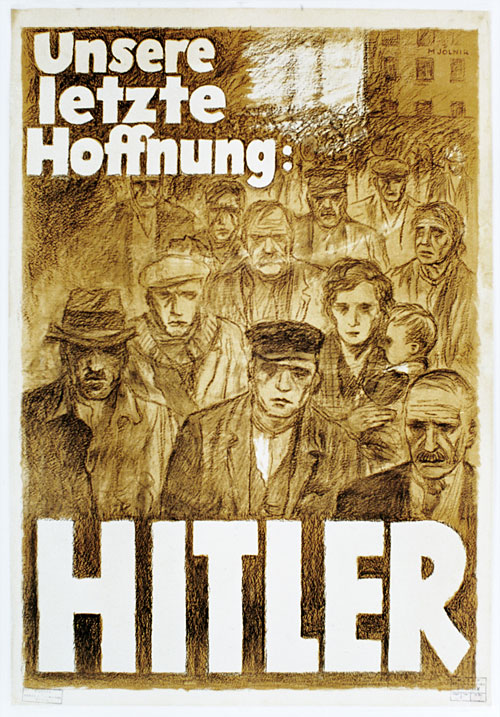Consequences
The Tariff Act of 1930 led to important consequences during the 20th century.

After the disastrous Smoot Hawley Act, the Democrats won the 1932 election by a landslide. With Franklin Roosevelt replacing Herbert Hoover, he promised to reduce tariffs. He enacted the Reciprocal Trade Agreement Act in 1934, lowering tariffs. Since then, the United States joined GATT and the World Trade Organization, reducing the amount of tariffs.
"The GATT has lowered the tariff levels among the contracting parties. In 1947, the participants of GATT had an average tariff rates of 22%, and after 1994, the average tariff rates among participants became under 5%."
- Legal Information Institute
With worsening global economic depression, Germany faced political unrest. Smoot-Hawley's negative effect on global trade did not help Germany's problems with poverty and unemployment.

Berlin (1931): aftermath of protests

Translation: "Our last hope: Hitler"
Hitler saw this as an opportunity for the Nazi party to win the people's hearts. With effective propaganda and promises for economic reforms, the Nazi party took over the German government in 1933.
Sang Hyun Chun, Senior Division, Individual Website